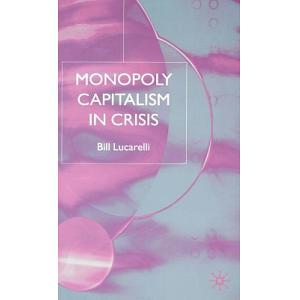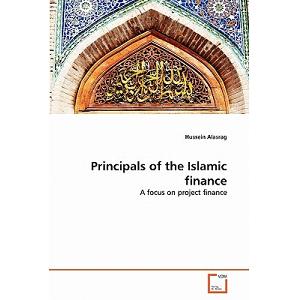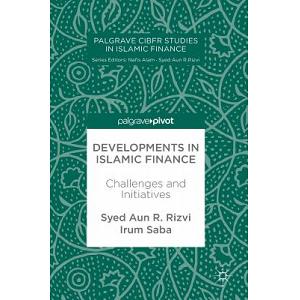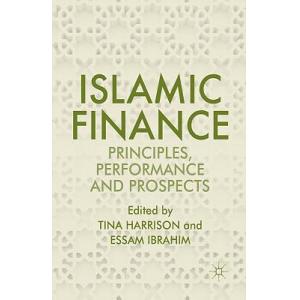The last category for the PROHIBITED
elements in the contract of Islamic commercial transactions are as
following:
- Monopoly
- Prohibition of Hoarding (Iktinaz)
- Price Control
Monopoly
– The practices of monopolies for commodities, food and services is
wrong doer. A monopoly means a firm only a single producer of commodity of
which there is no close substitute available in market. The firm could rise the
prices of the commodity if an external force interferes in the market. The
practices of monopolies from a single firm which control the supply and prices
of commodities, food or services have to be eliminated if by this control the
majority of people suffer and causes hardship to people life.
Al Quran statesment that injunctions to the issue of monopoly:
“Whoever
seek the wrongful partiality therein him we shall cause to taste a painful doom”
The above verse interpreting by Al – Qurtubi, mentions that Abu
Daud reported reported from Ya ‘la bin Umayyah that the prophet said to the
effect:
“Monopolizing
foodstuff during the sacred months is wrong”
A hadith related to monopoly:
Al – Tirmidhi reported that the Prophet (s.a.w) had declared : “He who monopolizes is not but a wrong doer”
Prohibition
of Hoarding (Iktinaz) – Islam prohibited and condemned the
hoarding of wealth, money and other things – gold, silver and another important
commodities – to spend not in the way of Allah.
Al Quran verse related to hoarding:
“And those who hoard gold and
silver and spend it not in the way of Allah: announce unto them a most grievous
penalty – on the day when heat will be produced out of that (wealth) in the
fire of hell, and their backs, This is the (treasure) which ye boarded for
yourselves: taste ye then, the treasure ye hoarded”. Quran, Surah Al – Taubah (Verse
34, 35)
The Prophet said: “He who
hoards with the intention of raising the price for a Muslim is a sinner”
Man should use his property properly. The property that has been
produce must be consumed promptly. Therefore the practice of hoarding can cause
hardship to the people and hinders the smooth running of the business.
The Prophet said: “He who
hoards with the intention of raising the price for a Muslim is a sinner”
And in Islamic economic system, zakat that paid by muslim is an obligations, it is his obligations
with punishment of God and in the same time the payment of zakat is one of the way for muslim in participating in the states
of economic productivity. Anyway, the payment of zakat does not absolve those who hoard their wealth.
Price
Control – There are two issues in
price control that the Muslim jurist discuss: price ceiling and under
selling.
Price
Ceiling: In price ceiling issue there are two views, one is inclined
towards fixing the price ceiling and the other is against it and is inclined
towards open market price. Those who uphold the theory of price control argue
to ban the sale of goods above the market price and abuse the customer. They
also argue that selling above the market price have to be determined by the
authority in accordance with the assessment for the interest of seller and
customer. In addition, their opinion is the seller is not barred to take a
profit yet he is not authorized to make excess profit to the detriment of the
public.
Under
Selling: The view of Fuqaha on
this issue, such as the Shafi‘i and the Hanbalis allow under selling and
disagree to restrains it. The sellers allow to sell their goods under market
value. This view is based on the Hadith of Prophet (S.A.W) which says:
“Leave
people to receive the bounty of Allah from among them”
Another view about under selling, the view of Imam Malik, Abu al –
Walid al – Baji says:
“That
to which anyone who goes below it must be ordered to conform to the rate quoted
by the majority. If an individual or a few people go their own way and cover
the rate, then they must be ordered to conform to the rate of the majority”
Another supporter of Maliki school says:
“Except
for wheat and barley they must sell at the market price or else move on. The
importer of wheat and barley may sell as he wishes, through among themselves
the rules of the market applies. If a few of them sell cheap they must leave, while
if many are selling cheap the rest must be told to conform to the general rate
or move on. This applies to any commodity that is sold by measure or weight,
wether foodstuff or not, though not to anything that is not sold in this way
because price control is impossible here due to the lack of exact equivalence”
The different view from Fuqaha
on the under selling issue, seems to be concerned with the interest of
small traders and the public. Both of the different viewer agree that their
views are not applicable to all type of goods, situations or classes of
traders.
The issue of under selling, remind me to the supplier of fashion
products which producing the large number of product for one style in a certain
time so she could lower the price of the products. Fortunately, the people, the
fashion communities interest to buys those products for own use or some of them
become reseller that can be a source of income for them. With this condition,
the community and the supplier get the advantages from this kind of business.
In conclusion related to price control, it is agreeable if price
control must be imposed only after consultation with the traders, such as for
the essential foodstuffs in a certain period of time where the public is in
serious need of them, and its imposition should not lead to a situation where
the traders resolve to black – marketing.
Read More:
INCEIF Essay by Syed Ahmad Hashmi,
Bilal Aziz, Ahmad Farhan & Asyraf Azhar (2014), Prohibited Elements
in Islamic Commercial Law




1 comment:
Top 5 casinos for US players - Wooricasinos.info
Top 5 online casinos in the USA · 1. Red Dog Casino – Best 메리트카지노 추천인 Overall Casino · 2. 파라오 카지노 Ignition 제왕 카지노 롤링 Casino – Best for Slots 해외 카지노 사이트 · 3. Red Dog – Best Overall 코인카지노
Post a Comment